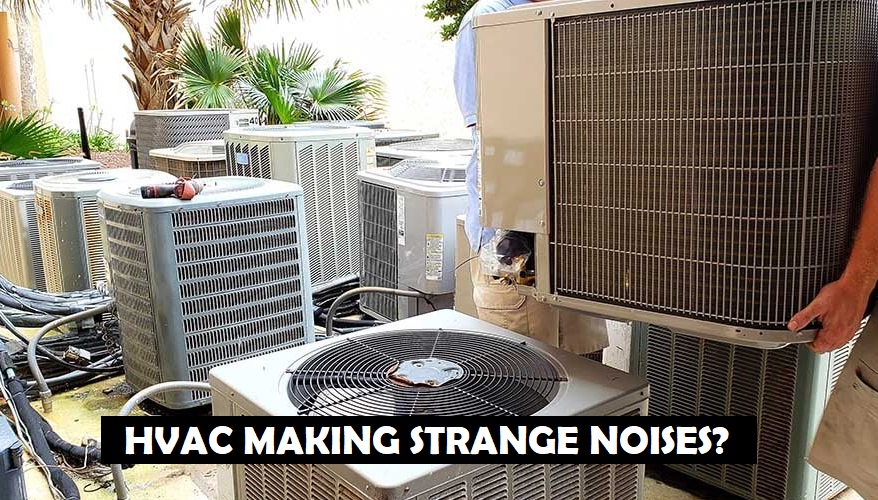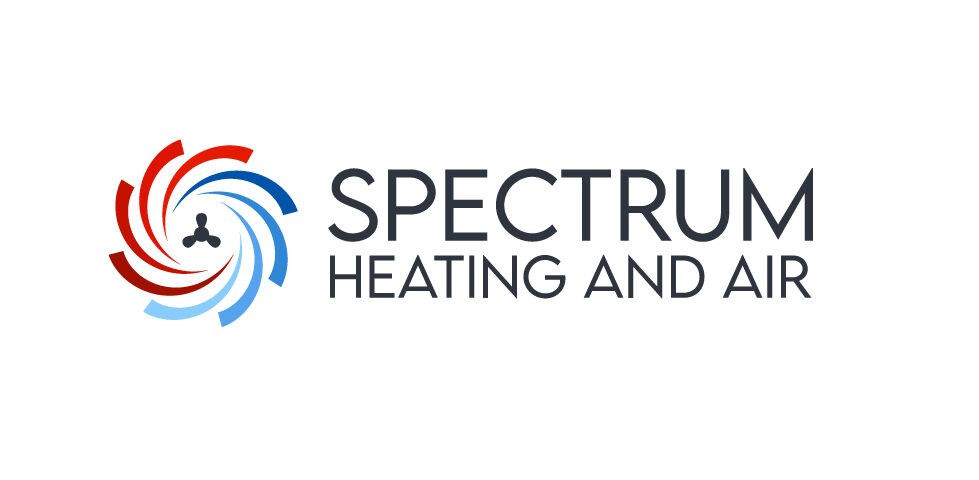Your home’s HVAC (Heating, Ventilation, and Air Conditioning) system is a silent hero, working diligently to maintain your indoor comfort and air quality. However, there comes a time when this silent companion starts to make strange and unfamiliar noises, potentially indicating underlying issues. In this comprehensive guide, we will explore the various noises your HVAC system might make and guide you on the necessary steps to address them effectively.

Identifying the Noises
Before we delve into specific noises and their remedies, let’s categorize the sounds you might encounter. This categorization will help you not only pinpoint the issue but also understand its severity.
Rattling and Banging Noises
Rattling and banging sounds are some of the most common complaints among homeowners. These noises can be attributed to loose components, debris within the system, or a struggling motor. Identifying the source of the noise is the first step in addressing this issue.
Hissing and Whistling Sounds
When you hear hissing or whistling sounds, your HVAC system might be trying to communicate an air leakage problem. This could stem from a faulty seal, compromised ductwork, or issues with the air filter. These sounds can affect both your system’s efficiency and your indoor air quality.
Clicking and Popping Sounds
Clicking and popping sounds are often heard when your HVAC system cycles on and off. While some of these sounds are considered normal as metal components expand and contract with temperature changes, excessively loud or persistent noises may indicate an underlying electrical issue or temperature fluctuations.
Grinding and Screeching
Grinding or screeching noises should immediately raise concerns. These sounds can signal severe problems, such as a failing blower motor or a damaged fan. Ignoring these noises can lead to costly repairs or even system replacement.
What to Do When You Hear Strange Noises
Now that we’ve identified the noises and their potential sources, let’s discuss the steps you should take when you encounter them.
Rattling and Banging Noises
- Inspect and Tighten: Begin by checking for loose components such as screws, bolts, or panels within your HVAC unit. If you find any, tighten them to eliminate the noise.
- Clear Debris: Sometimes, foreign objects like leaves or debris can find their way into your system. Remove any obstructions to restore normal operation.
- Professional Help: If the noise persists, it’s advisable to consult a professional HVAC technician. They can thoroughly inspect your system for more complex issues and provide necessary repairs.
Hissing and Whistling Sounds
- Check Ductwork: Carefully inspect your ductwork for any visible leaks or damage. Seal any gaps or holes using appropriate HVAC tape or sealant.
- Replace Air Filter: A clogged or dirty air filter can cause hissing sounds. Regularly replace or clean your air filter to ensure efficient airflow.
- Consult an Expert: If you’re unable to locate the source of the noise or if it persists, contact an HVAC specialist. They can conduct a comprehensive examination and resolve the problem.
Clicking and Popping Sounds
- Understand Normalcy: Recognize that some clicking and popping sounds are inherent to HVAC systems. However, if these noises are accompanied by performance issues, it’s wise to seek professional guidance.
Grinding and Screeching
- Immediate Shutdown: If you hear grinding or screeching, turn off your HVAC system immediately to prevent further damage.
- Call a Professional: These noises often indicate severe mechanical problems that require the expertise of an HVAC technician. Contact them promptly for a thorough assessment and repair.
In conclusion, a properly functioning HVAC system should operate silently, ensuring your home’s comfort and air quality. When strange noises emanate from your HVAC system, it’s crucial not to ignore them. By understanding the type of noise and taking appropriate action, you can prevent minor issues from escalating into major problems.
Regular maintenance, such as cleaning, lubrication, and professional inspections, plays a pivotal role in preventing strange noises and extending your HVAC system’s lifespan. Remember, addressing issues promptly not only ensures your comfort but also saves you from costly repairs down the road.




